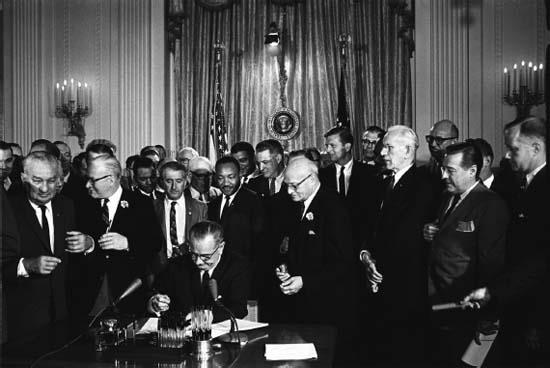EducationFunding Higher Education |
How does the Higher Education Act of 1965 impact Historically Black Colleges and Universities? |
President Lyndon B. Johnson’s “War on Poverty” had as one of its components the Higher Education Act of 1965, which is an example of several laws that challenge the poverty, racism, and sexism that prevent equal access to education. Its goal was to advance the work of colleges and universities by supporting educational, economic, and social mobility among diverse groups, and to aid students from low-income families and those from underrepresented groups, making it possible for them to obtain postsecondary education. Johnson and Congress both recognized the importance of supporting Historically Black Colleges and Universities and their production of most African-American college graduates. Originally, the Higher Education Act of 1965 provided support specifically for HBCUs but was amended to include community colleges. Still, Title III of HEA—Minority-Serving Institutions—provides for graduate or professional training at HBCUs, tribal colleges, and other minority-serving institutions.

President Lyndon Johnson, shown here signing the 1964 Civil Rights Act, did much to help black Americans, including his 1965 Higher Education Act and his 1965 Voting Rights Act. He was committed to his “War on Poverty.”
